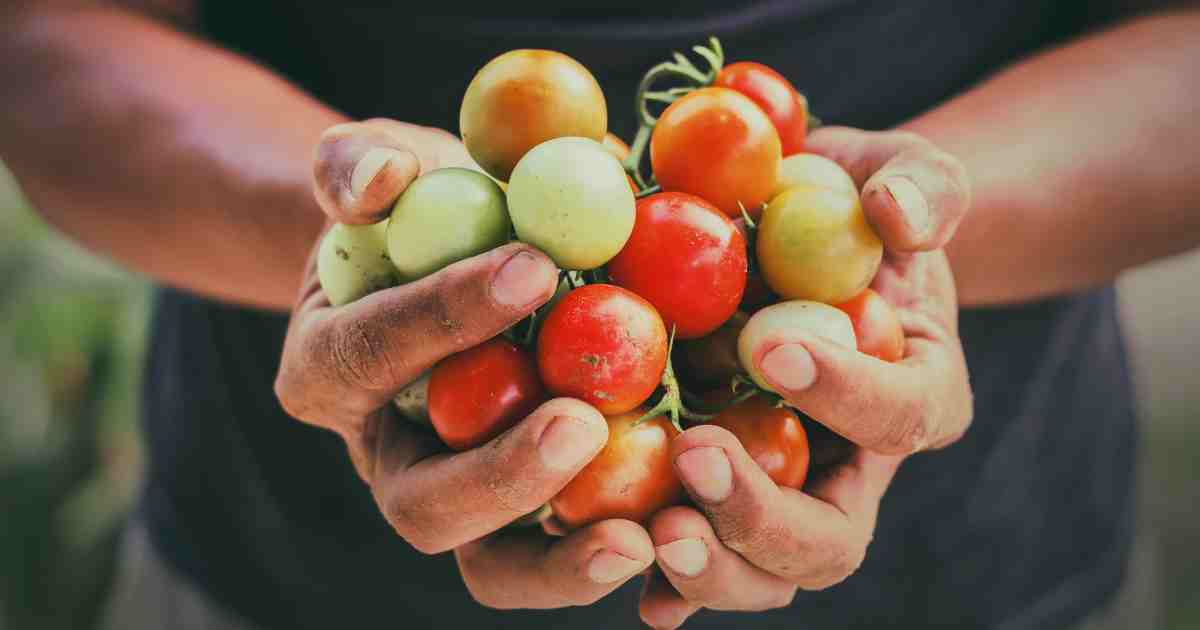Tumo Kgabeng, 24, is co-founder of Anton Tech – an AI research company that seeks to transform the agriculture industry. His agritech solution deploys drones to monitor pests, diseases, and soil quality, and recommends treatments accordingly. Nathan Hastings-Spaine asked Kgabeng about his startup.
Could you share some insights about yourself, such as your background, experiences, and interests?
My name is Tumo Kgabeng. I come from Gaborone, Botswana, and I am the founder and chief technical officer of Anton Tech – an AI research company aimed at transforming the agriculture industry to address the looming threat of food security in Botswana.
My journey in computer programming started at 14 years when I began teaching myself the basics of Python in junior school. By 17, I was pursuing my BSc in computer systems engineering at Botswana Accountancy College; then I joined the developer communities at iCode Hub.
During my time in college, I interacted with industry professionals, became a part of the broader developer community, and led a Google Developer Student Club.
In my second year, I started working in the industry as a React engineering developer for a company in Gaborone.
When and how did you start this initiative?
The idea to create Anton Tech came up during the Botho Hacks 2021 hackathon. The theme for that year’s hackathon was ‘Developing technology to improve life in Africa’.
In Botswana, as in most African countries, we rely heavily on agriculture and mining. My team aspired to use technology to address some of the agricultural industry’s challenges and contribute to the country’s economic growth.
After winning the hackathon and recognising the project’s potential, my co-founder Kesego Mokgosi and I continued working on Project Anton Tech and eventually launched it. We later partnered with Tlamelo Makati, our research lead, to further develop and scale our solution.
Anton Tech has since grown to become an AI research start-up. We have agreements with different corporates and parastatals to conduct research and help fill the data gaps in the agriculture value chain.
How does it work, and what problems do you solve?
Despite advancing technologies, the methods of tracking transboundary pests, diseases, and soil organic carbon (SOC) levels have lagged. Today, the turnaround time for applying expert advice can take months. Several time-intensive steps occur before a farmer can respond to an outbreak, including field scouting, detecting pests and diseases, and determining appropriate interventions.
Additionally, manual and paper-based reporting of farm visits by agronomists means data is captured in an unusable format for aggregation and analytics. Consequently, it is difficult to identify patterns and trends across the value chain. All these factors reduce yield, productivity, and profitability for farmers.
Project Anton Tech is a deep-learning agritech solution that uses image data from drones, satellites, or other devices with a camera to detect pests and diseases, predict soil organic carbon levels, and give recommendations on the treatments or appropriate interventions to apply.
How the technology works:
a. Realtime crop and animal disease detection:
- Users take a picture of the plant and send it to Anton Tech via WhatsApp, Facebook Messenger, Twitter, or MMS.
- The neural networks analyse the image using data from verified sources about diseases
- We then respond with the disease name and treatment recommendation.
We decided to integrate Project Anton Tech with some existing platforms like WhatsApp, Facebook Messenger, and Twitter before rolling out our standalone mobile phone app to make access as frictionless as possible.
b. Precision farming:
- We use drones to collect data at scale and help farmers with precision farming.
- Through drones, we help farmers identify which specific area of their farm needs treatment. Established farmers with 500 or more hectares of crops tend to spray herbicides and pesticides across the whole farm instead of targeting the portion that has the disease.
Centralised data analytics:
- We built an analytics dashboard allowing parastatals to digitise and aggregate their data. Government parastatals have long worked with the farmers and collected data on them, but it was unusable.
- Our reporting dashboard lets them visualise key performance indicators (KPIs) and identify patterns and trends across the value chain.
What are the challenges and successes you have faced so far?
Our major challenge is getting the relevant stakeholders in the value chain to adopt the technology. Even though Project Anton Tech can bring productivity to the value chain, getting people to migrate there takes time and effort.
Our approach to building trust within the industry is conducting demos demonstrating how Project Anton works.
What is your message to the young people in Africa?
Don’t be afraid to fail. We learn more from our losses than our wins.
Many brilliant ideas never come to pass because someone was afraid to go out and offer their solution to the world. Lose your fear of failure because it is part of the process.
Whatever solution you have, put it out there and continue to iterate on it based on the feedback you get from users. That is how we improve as innovators and drive toward a better Africa.
This article was originally published by Africa Renewal.





















Discussion about this post